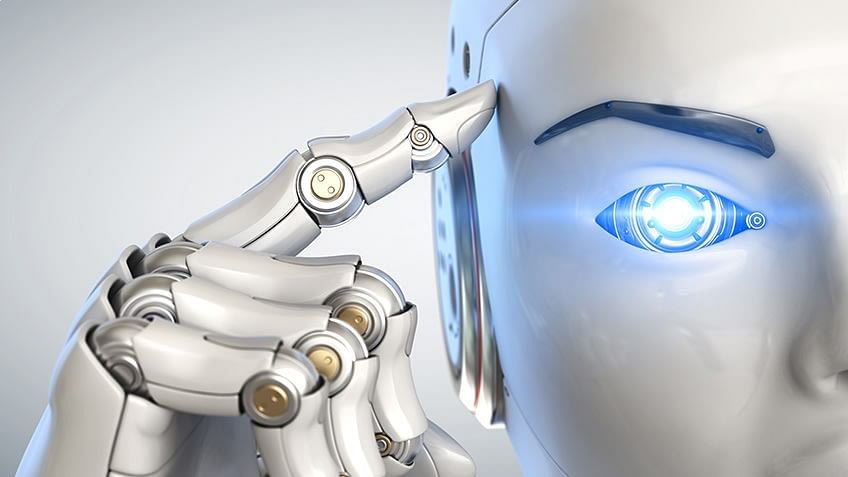AI has already begun to make a significant impact on the job market, and its influence is likely to grow in the coming years. The rise of AI and automation presents both opportunities and challenges for various industries and the workforce as a whole. Here are some key aspects to consider:
1. Automation and Job Displacement:
AI and automation technologies are capable of automating repetitive and routine tasks across a wide range of industries, including manufacturing, logistics, customer service, data entry, and more. As a result, certain jobs that involve repetitive tasks are at risk of being displaced by machines and algorithms. This can lead to job losses in those industries and potentially disrupt the livelihoods of workers who perform these tasks.
2. Creation of New Jobs:
While automation may eliminate some jobs, it is essential to recognize that it also creates new job opportunities. As AI technology advances, new roles emerge in areas like AI development, data analysis, machine learning engineering, and natural language processing. These new jobs often require higher-level skills and technical expertise, which leads us to the next point.
3. Need for Reskilling and Upskilling:
The transition towards an AI-driven job market highlights the critical need for reskilling and upskilling the workforce. As automation takes over routine tasks, the demand for workers with advanced skills in areas like problem-solving, creativity, emotional intelligence, and complex decision-making grows. The existing workforce will need to adapt and acquire these skills to remain relevant and competitive in the job market.
4. The Role of Lifelong Learning:
To cope with the changing job landscape, the concept of lifelong learning becomes increasingly important. Governments, businesses, and educational institutions must collaborate to promote continuous learning opportunities and provide accessible training programs for workers to reskill and upskill. This will empower employees to adapt to technological changes and stay employable throughout their careers.
5. Impact on Specific Industries:
The impact of AI and automation varies across industries. Some sectors are more susceptible to automation, while others rely heavily on human skills that are difficult to replace. For example:
a. Manufacturing: AI-powered robotics can automate assembly lines, leading to potential job displacement for low-skill manufacturing roles. However, AI also enables smart manufacturing, which requires skilled workers to operate and maintain advanced machinery.
b. Healthcare: AI can assist in diagnostics, drug discovery, and personalized medicine, enhancing the healthcare industry's efficiency and outcomes. While certain administrative tasks may be automated, healthcare professionals will continue to be in demand for specialized care and decision-making.
c. Transportation: Autonomous vehicles may disrupt the transportation industry, impacting jobs for drivers, but creating demand for AI engineers, safety specialists, and technicians to maintain and develop self-driving technology.
6. Ethical and Social Implications:
The increasing use of AI in the job market raises ethical and social considerations. Concerns regarding data privacy, algorithmic bias, and the concentration of AI-related jobs in certain regions need to be addressed to ensure a fair and inclusive job market.
In conclusion, AI's impact on the job market is multifaceted. While it may lead to job displacement in some industries, it also creates new opportunities and demands a shift in the skillset required for future job roles. Reskilling and upskilling initiatives, along with a focus on lifelong learning, will be crucial to ensure that the workforce remains adaptable, competitive, and ready to embrace the opportunities offered by AI and automation.






